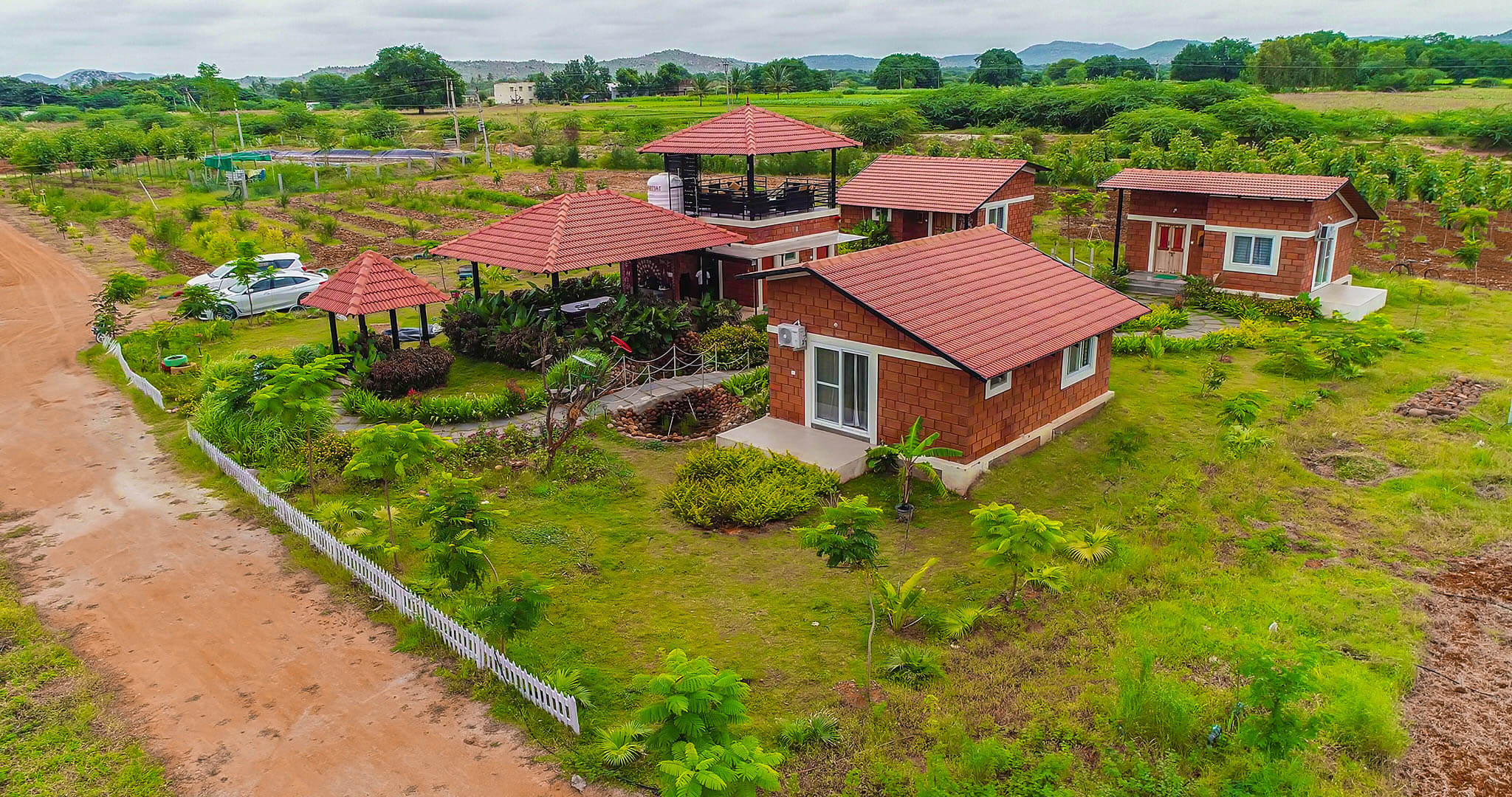Sustainable managed farmland near bangalore can be a broad and sometimes vague term without a universally agreed-upon definition. I like to define sustainability in the broadest sense possible, in that sustainability is the ability to carry out practices indefinitely, without having to eventually halt them because of negative impacts on environment, community, or the processes themselves. Sustainable agriculture thus involves more than just environmentally sound farming practices, but also necessarily encompasses both economic considerations (questions of resource utilization) and human considerations as well.
Unfortunately, the current agricultural production systems in place not only in the U.S. but in many parts of the world are highly unsustainable. Some of the problems with agriculture include the destruction of wild ecosystems, such as the clearing of rainforest and other biomes to make room for farming, nutrient pollution and chemical pollution from agricultural runoff, waterway disruption and aquifer depletion from the use of water for irrigation, and climate destabilization resulting from a combination of factors.
People often focus on certain simple issues, like organic farming, or the use of specific harmful chemicals, without looking at the broader picture. Even if everyone in the world were to completely stop using all harmful chemicals in agriculture, and only farm organically, there could still be catastrophic environmental implications of farming.
The key issue in sustainability, most important than all other issues, is leaving intact ecosystems, and not clearing or developing more than a certain portion of wild areas for agriculture or human use. The rule of thumb or target that I like to shoot for is to leave 70% of land as intact wild ecosystem. This does not mean that the land is not being used in any way, but only that it is not being directly used for agriculture or other uses (i.e. crops are not being grown there, timber is not being harvested, people are not living there), and that whatever uses of the land only have negligible impacts on the ecosystem.
